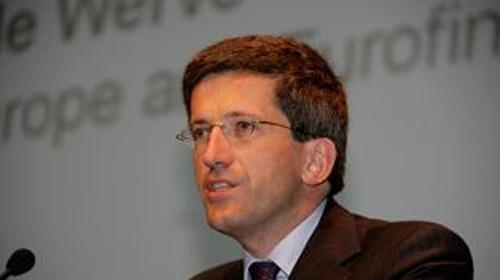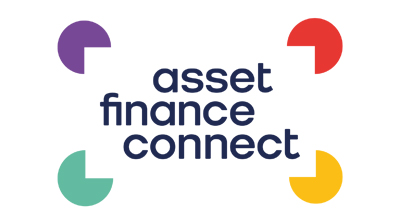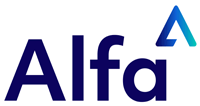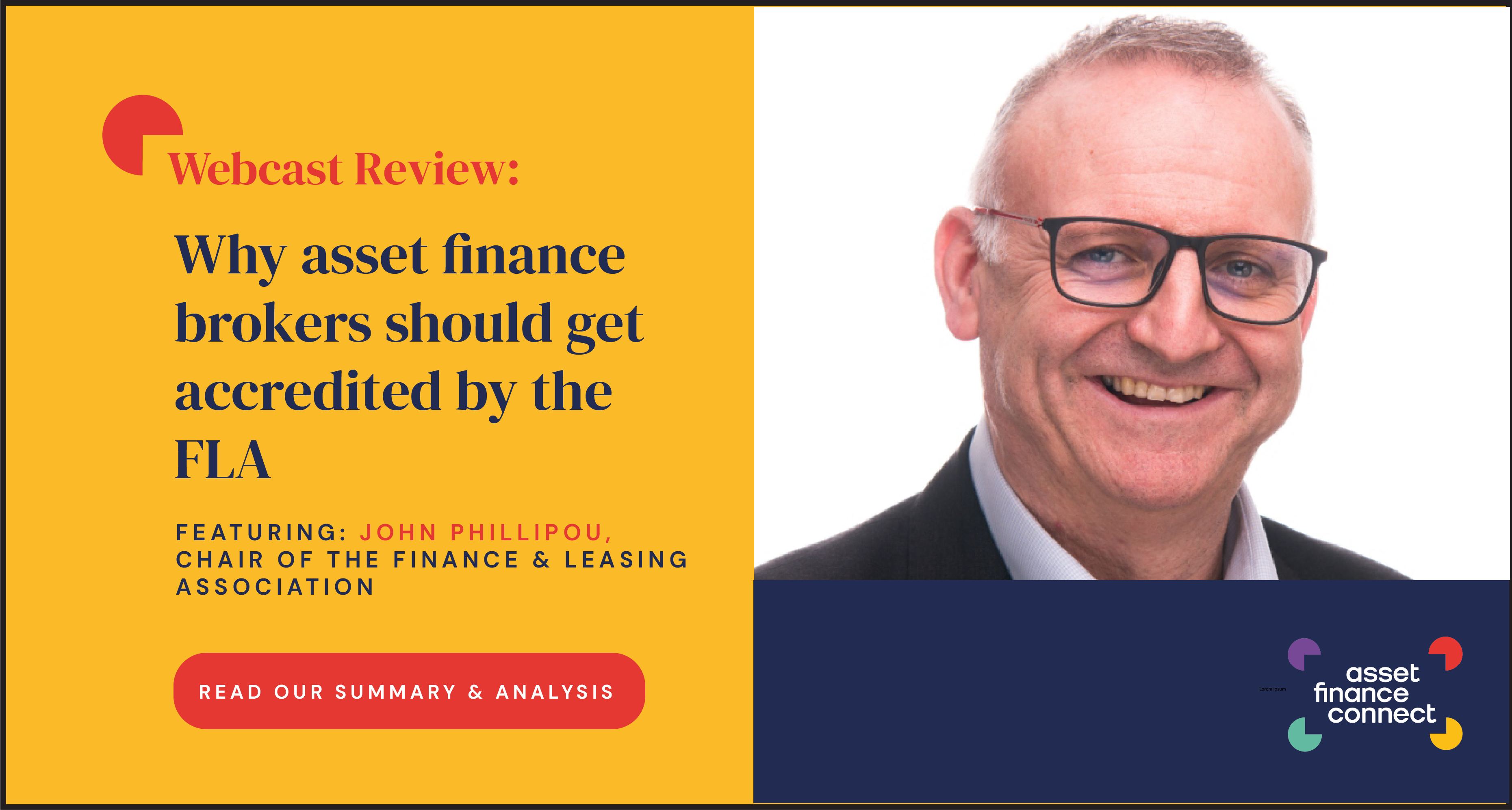Speakers described opportunities for lessors to innovate and differentiate from other lending products. There was optimism that the industry could provide solutions to meet the needs of customers focused on the benefits they obtain from assets rather than the equipment itself.
They were less confident that European regulators will play their part in facilitating the development of new services-based financial solutions. Without that support from regulators, the leasing industry’s ability to support extra business investment and European economic growth could be unnecessarily restricted.
Here are a few highlights from the many sessions over the two days of the Convention, capturing just some of the views expressed by the 30 or so expert speakers.
Expect more supervision of banking conduct

The Convention kicked off with a keynote address by Pedro Duarte Neves (pictured above), vice governor of the Bank of Portugal.
After welcoming delegates to Portugal he reviewed the state of play in shifting the European economy from the debt crisis to an efficient and integrated financial market. Several times he told delegates to expect a more present and intrusive level of supervision of banking conduct of business.
As the sessions went on, delegates were left to ponder whether the ever-expanding banking regulatory framework could give independents an advantage in being able to more quickly test and roll-out new financial solutions.
Decoupling assets
What would a nuclear physicist by training have to say to the leasing industry? At the opening plenary session, Luc Hoegaerts spoke of the need to decouple assets from their physical embedding.
We are already seeing this in the car rental market. The market is now less about the brand, or the vehicle, and more about the ‘mobility’. Zipcar (Robin Chase, founder of Zipcar spoke at the 2012 Convention) was the ‘game-changer’ that has led to further innovation by many of the car rental market leaders.
The Zipcar model shows how consumers are re-evaluating the trade-off between ‘having the thing’ and ‘having access to the thing’. Having seen the recent impact of innovation in the car rental sector, we need to have imagination to see where this could go in other asset finance markets.
Ownership to usage
After the opening plenary session came a review of the European leasing market. Chaired by Peter-Jan Bentein of the Dutch Leasing Association, a panel of top European lessor executives and special guest Bob Rinaldi, chair of the US Equipment Leasing and Finance Association looked at the state of play and outlook for the market.
The panel discussed how cloud computing was changing businesses’ need for traditional asset leasing. If this is happening for IT today, could it happen for other types of assets tomorrow? Already, for Trucks, corporates are often more interested in ‘Total Cost of Mobility’ rather than ‘Total Cost of Ownership’.
Cars may still be ‘prestige’ assets today, in that drivers prefer to keep their own vehicle, but will this change over time? With 65% of the total European leasing market made up of cars and commercial vehicles, the implications seem huge.
Legal and regulatory barriers will need to be overcome, protecting the legal rights of the lessor over its equipment and ensuring that the new service models are straightforward to account for.
We don’t lease anymore!
At Friday’s first session, Vendor Finance - Looking Ahead chaired by Stephan Knuppertz of Heidelberger Druckmaschinen, delegates were told that lessors must do more than offer only ‘commodity-finance’ solutions that provide limited strategic value to manufacturer partners or customers. The market for leasing of hard assets, with their well-established credit risks, could become less attractive, with lower demand and lower margins.
With cloud-based IT solutions the market has already moved from leasing of assets to providing subscriptions to services. In the face of a shift to a services-based European economy, more flexible and innovative financial solutions are needed across many equipment categories.
The term ‘leasing’ has become too narrow to describe what is being provided or developed by forward-looking captives and independents. Innovative finance companies don’t lease anymore; they provide a broader range of equipment solutions.
SMEs start their buying journey online
Leaseurope Board member George Ashworth (pictured below) chaired a session on Leasing to SMEs that considered the findings of Leaseurope’s latest research report on the subject.

Following a reported increase in the use of leasing by European SMEs, the panel considered how to further increase take-up levels. Leasing can still be seen as a complex banking product by SMEs. The new lease accounting standard could also make leasing seem too complicated for small businesses to administer.
Alternative distribution models were needed to appeal to a new generation of young SME chief executives. Research shows that SMEs are typically starting their buying process online. New distribution models could be based there and presented as service subscriptions rather than asset hire or rental agreements.
Accounting rules could restrict investment

In the session ‘Lease Accounting - the Final Chapter’, chaired by Mark Venus of BNP Paribas and chair of the Leaseurope Accounting Committee *(pictured above), the panel considered the likely consequences of the imminent new lease accounting standard from the International Accounting Standards Board (IASB).
The new accounting standard might impact the development of new service-based financial solutions discussed at earlier sessions. Some new solutions could be services and not leases for accounting purposes. That might be an advantage in simplifying the accounting. Many other service-type solutions could still be classified as leases under the IASB rules, potentially making accounting for them particularly complicated and uncertain.
Like other regulators and policy makers, the IASB (and the European Commission that must approve the use of the new leasing standard in Europe) should consider and support the role of the leasing industry in supporting investment and economic growth, whether through traditional leasing or new services-based financial solutions.
About the Convention
The Annual Conventions of the European leasing and consumer credit industries, represented by Leaseurope and Eurofinas respectively, are held together each year with a joint opening plenary session.
This year there were also two joint sessions looking at financial services regulation chaired by Michael Somma of Bankenfachverband and at new urban mobility concepts chaired by Neil Cunningham of Hertz.
As usual the Conventions were fully booked and this year attracted almost 500 delegates. Networking took place between sessions, at the traditional first evening cocktail reception and walking dinner featuring many Portuguese specialities, and over farewell drinks in the dramatic gallery and pool terrace of the Cascais Miragem hotel.
Now an annual feature of the Convention, members of Leaseurope’s highly successful Future Group, composed of young industry talents nominated by the heads of European leasing companies, presented their projects on proposed disruptive innovations in an always-popular session chaired by Chris Boobyer of Invigors and opened by Leaseurope’s Chair, Enrico Duranti of Iccrea Bancalmpresa (pictured at head of article).

This was the last Annual Convention for Tanguy van de Werve (pictured above), who for the last nine years has been director general of both Leaseurope and Eurofinas. His achievements in developing a small but highly professional team that boxes well above its weight in Brussels, as well as building up the Leaseurope Convention to its role as the preeminent yearly gathering for the European leasing and automotive rental communities, were recognised at a closing session.
The Portuguese market proved to be the fastest growing in Europe last year after having been selected as the excellent location of this year’s Convention.
With that positive omen, we can expect healthy competition between Leaseurope member countries to host the 2016 Convention, with the venue and date to be announced before long.








